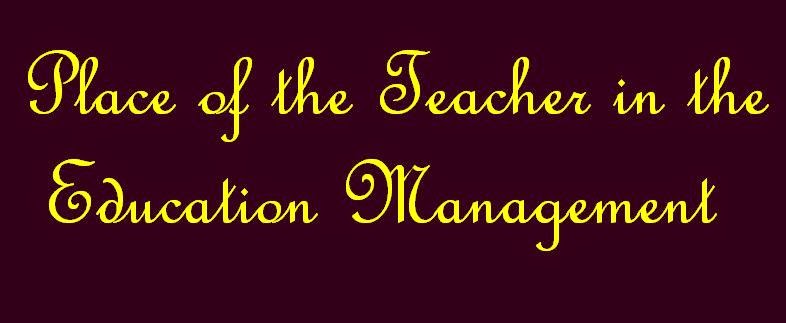While decentralization and community empowerment as rhetoric continue to consider the role of the teacher in school management as critical, the ground reality is altogether different. The place of the government primary school teacher is invariably at the lowest rung in the official hierarchy, and commands practically no authority even within the school.
The teacher is directly responsible for the learning achievement of the student; he or she may never assess the learning achievement of the student. In many states, a specified proportion of teachers were recruited directly as ‘para teachers’, though a majority of the appointees would be from the local area. The directly recruited teachers, who would have a greater opportunity to enhance the learning of the child, are engaged in a different activity rather than teaching.
An emerging factor that is likely to change social perceptions about the place of teachers in a significant manner is the move to implement right to information and effective Management Information System (MIS). This in effect may make the teacher more accountable and improve their status within the system. Instead, apprehensions were expressed in some quarters that knowledge revolution and technology change make the teacher job more challenging.
The local Village Education Committees and local self-governing bodies started giving importance to attending to school management issues. Also there is lack of clarity on the relative position of new posts created in the system, such as cluster co-ordinators vis-à-vis primary school heads.
Internal Management of the School
Traditionally, teachers in government schools expect to receive instructions from the head teacher with regard to most of their activities. He or she is also responsible for the effective management of the class which is directly linked with the learning achievement of the student and the level of transition of the student from one class to the other class.
Internal Decision-making in the School
Our experience in the field reveals that effectiveness of class room management depends heavily on the personal initiative and leadership of the teacher and his or her style of maintaining human relationships with the children and within the school and with the departmental authorities.
It is also observed that the school teacher after certain years of service become reluctant to adopt the change. In most of the schools there is no custom for regular staff meetings where they discuss new problems at the class room. In contrast, the private school teacher enjoys much greater freedom in internal management and decision-making at the school level.
In many cases, the teachers are very close to the head teacher and senior authority so no system prevails to check his/her inefficiency. The closeness of the relations between the Management Board and the teacher seems to be the determining factor in the effectiveness of the roles and functions performed by the school teacher.






Teachers inspire their students to work harder and push themselves. They encourage students to understand the importance of dedicating themselves to passion projects or endeavors. They play a very important part in society.
ReplyDeleteVisit us @ https://matricsdigital.com/
hi everyone Looking for a fun online gambling game. can someone help
ReplyDeleteHi everyone, I found a game that's really captivating. Check out this game https://mostbets-sri-lanka.com/aviator/ which offers a unique mix of excitement and strategy. In Aviator, you bet on how high the plane will fly and decide when to cash out before it disappears. The gameplay is simple yet dynamic, rewarding quick decisions with bigger wins. Plus, you can practice in free mode to sharpen your strategy without any risk. The mobile version makes it easy to play anytime, anywhere. Definitely worth giving it a try!
ReplyDelete